TRAINING COURSE DESCRIPTIONS
ADVANCED IMAGO TRAINING • PROFESSIONAL DEVELOPMENT
CHARACTEROLOGICAL GROWTH:
PARTS WORK FOR RELATIONSHIPS
Come explore your shadow, how it works in relationships, and how we can integrate our missing selves in order to reclaim our full aliveness. This course is designed to go deeply into the ways your defenses and your character structure affect others. Another purpose is to grow your container so you can be big enough to hold all that life hands you and to help you rock between the joy and the sorrow of life.
In the role of therapist, we have a gift of distance. We care about the pain we see in others and we have the experience of being in the role of “the good parent.” We are rarely aware of the parts of yourself that reside in the shadow.
We try to accept our clients as they are. Although we can be challenged at times to accept specific traits or behaviors in our clients, it is much easier than accepting our partners, our children, our friends, and our colleagues. How bewildering it is to be loving, conscious, and empathic with clients and unconsciously mean-spirited to those we are closest! The parts of us that hide in the shadow and specifically in our role as therapist will deeply impact our personal relationships and at times painfully challenge our professional abilities.
Couples, individuals, and professionals in the Imago community are welcome to attend this course. No previous Imago training is required.
BRILLIANT AT THE BASICS:
ADVANCED CLINICAL SKILLS
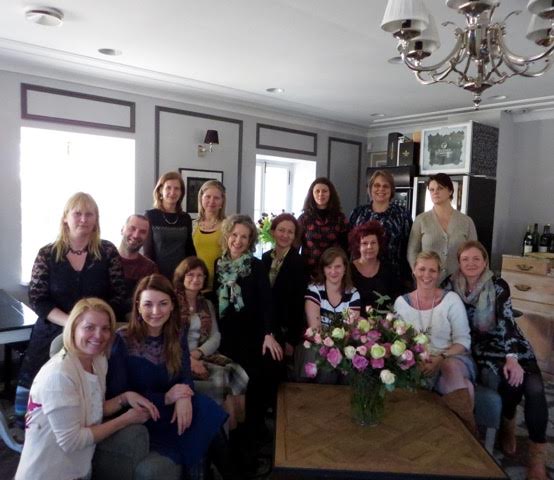
Brilliant at the Basics is a lively and interactive course of delving deeper into building our skills and deepening our processes of Dialogue. Stuck not using the Parent Child Dialogue (and all those other great processes?)… time to get unstuck! Our goal is that you leave this training with an expanded understanding of how and why to use different interventions at different times, and to support you in being creative within the structure of the dialogue process. We will sharpen your use of sentence stems and doubling to increase connection, safety, and forward movement with your couples. Together we will clarify and deepen the essential theory pieces that help keep you calm and connected to your couples…yes, all your couples! As you master the Imago ‘Basics’ we will now add the skills to become ‘Brilliant’ and trust the depth of the Dialogue process even more. Please Join Us!
THE aTTUNED tHERAPIST:
WORKING WITH REACTIVITY AND RESISTANCE
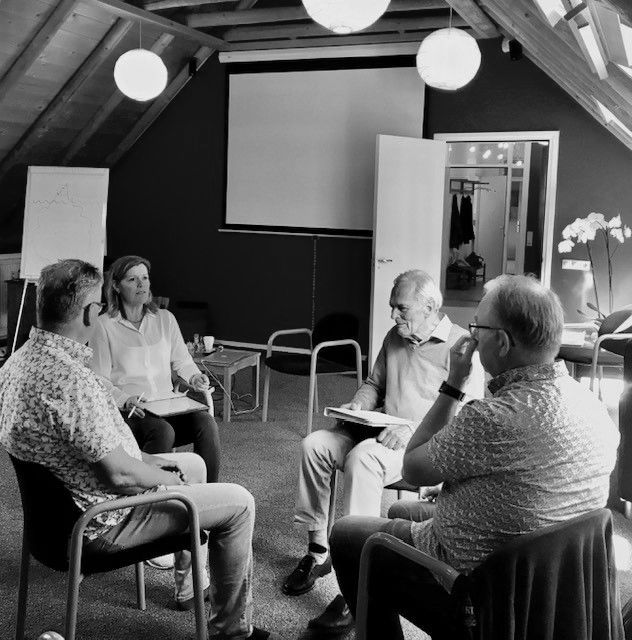
This course is designed to teach therapists how to use their own centered, embodied, and attuned presence to meet a couple or client where they are and bring the structure to them in an attuned, safe way.
As therapists we expect a little chaos. However, there are couples who just seem to challenge us every step of the way. Even when resistance and reactivity center on the dialogue itself, we can track energy with skill, empathy and compassion, moving couples toward connection, replacing negativity with positivity and affirmation. Through the use of video clips, role plays, demonstrations and didactic material we will create an interactive, fun and dynamic space to focus on our own inner attunement and ability to connect, thereby deepening our work. From an Imago perspective, anxiety is at the core of all relational challenges. Anxiety causes clients to react to their partner in unconscious, hurtful, and destructive ways, and it causes clients to be very resistant to the counseling process. Anxiety in the therapist also causes unconscious reactivity and resistance to the counseling process.
This course challenges the traditional understanding of resistance and reframes it as an indication of something much deeper—Terror. Taught from the perspective of the relational paradigm and Imago Relationship Theory, this course employs a combination of interactive lectures, personal writing exercises, role play, and demonstrations. This course challenges the participants to identify their reactivity. It explores when and how that shows up in the counseling session sabotaging the entire counseling process. Course participants learn skills to determine their countertransference and stay consciously present with themselves and consciously attuned to their clients in session. This course explains the participant to model and teaches attunement, compassion, validation, and empathy in the therapy session to empower highly reactive couples to be their wounded healers and step into loving long-lasting, fulfilling love relationships. This course employs findings from the research in neurosciences, attachment theory, mindfulness, and Imago Relationship Theory.
FROM DESPAIR TO REPAIR:
WORKING THROUGH BETRAYAL
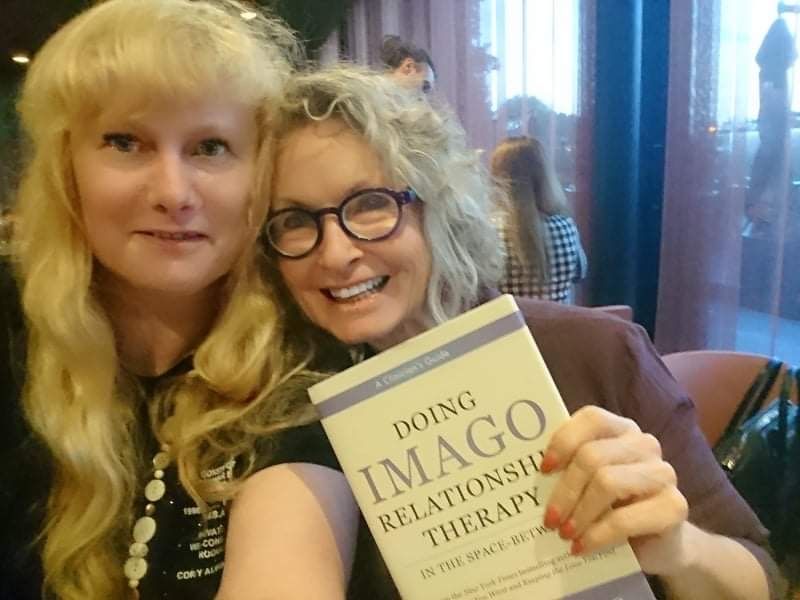
In the face of a couple’s crisis, there are three different perspectives for the therapist to consider: The first perspective works for, and from, the ‘between’ of the relationship – the focus is on the interpersonal; the second, use relational neuroscience as a map for inner attunement; and the third, helps the therapist with his/her countertransference and use of “self.” The end point of all three perspectives is to provide the therapist with skills to assist couples in moving from Despair and Rupture to Repair and Connection. Using the principles of interpersonal and interpersonal attunement will give a map to working with couples in crisis. Having a clear navigational system that includes exploring countertransference reactions will ultimately enable us to effectively help couples heal and grow through crisis.
GIVING AND RECEIVING LOVE:
LIVING WHOLEHEARTEDLY
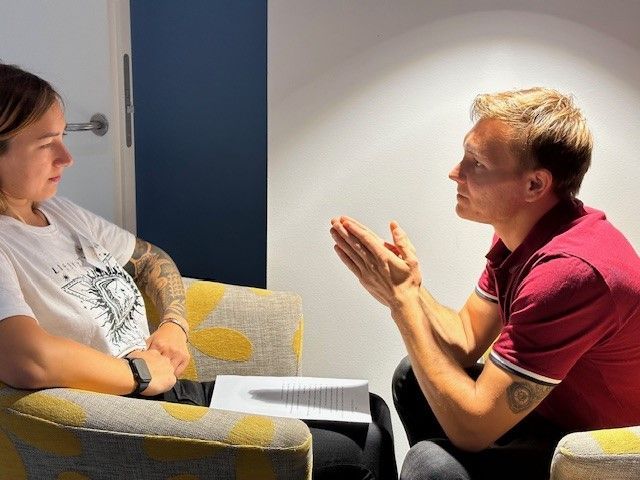
The fundamental dilemma of all human relationships is this: Why is it so hard to give and receive love when we need to feel connected?
Our survival directive is to cooperate and maintain our attachments. To better understand both dilemma and the solution, we will explore the “software” for both survival and connection with which we are born.
The pulse of both giving and receiving is vital to the experience of connection. If we block this in either direction, we become isolated and lose the experience of connection.
PROFESSIONAL DEVELOPMENT FOR ADVANCED CLINICIANS
CERTIFIED IMAGO WORKSHOP PRESENTER™ TRAINING
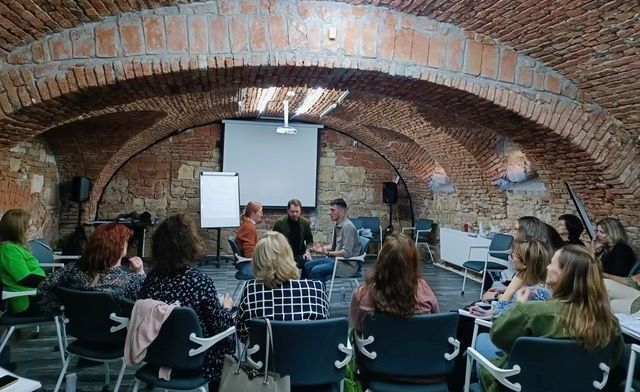
Workshop Presenter Training for the Relationship Workshop: Getting the Love You Want. This course provides Advanced Clinicians with the knowledge and skills to present the Getting the Love You Want workshop. This course is devoted to personal growth work to help the participants move beyond their blocks and limitations to become the most present and connected presenters. It will consist of sharing the theory, illustrating with personal stories, doing brilliant demonstrations, and handling the many challenges of being a first-class Imago workshop presenter. Complete all thirteen days of training, receive feedback on two workshops given during the training, plus assist at three Getting the Love You Want Workshops. Characterological Growth is a required pre=requisite course. Optional: Additional 2 days to add the Keeping the Love You Find workshop plus attendance at a Keeping the Love You Find workshop.
CERTIFIED IMAGO SUPERVISOR™ TRAINING
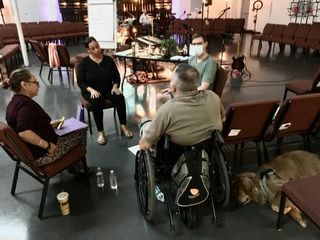
The Imago Supervisor embodies the Imago theory when giving feedback to professional colleagues, in self-supervision. and to those seeking supervision from them. Part one covers the different aspects of supervision from a Relational Paradigm while bringing together Imago theory concepts such as lost parts as growth edges and how to work with our own lost parts in the process. Part two offers supervision to the supervisor on their developing skills giving feedback to others both in group settings and in one-on-one consultation.

